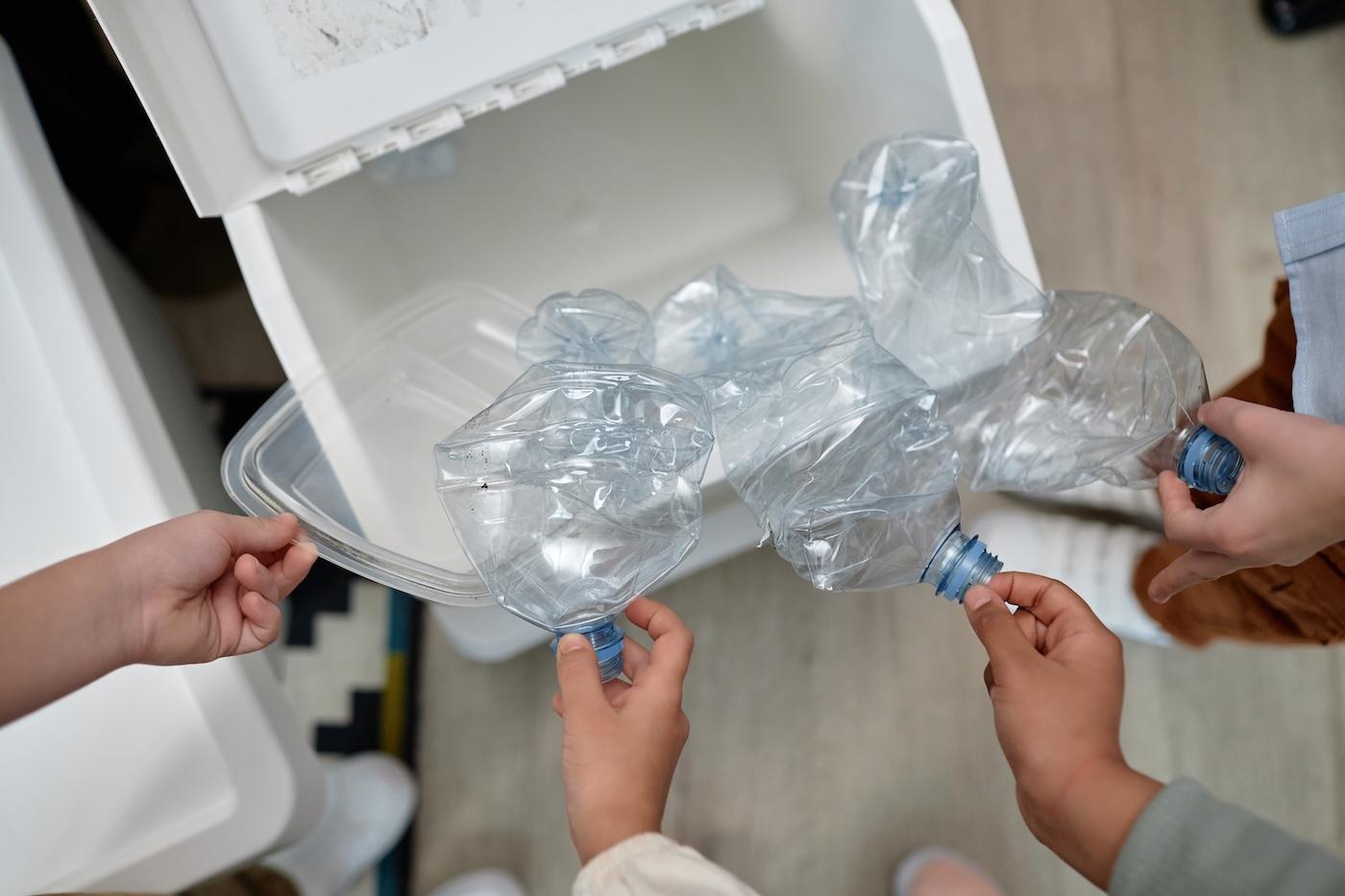PARENTS
As Measles Cases Rise—Is Your Child at Risk?
Measles has been flying under the radar, but new data suggests that we are ignoring a wolf at the door.

Written by
Dr. Harvey Karp

After being officially eliminated from the U.S. in 2000, measles is having an alarming comeback. The country is currently confronting its worst measles outbreak in 30+ years, with nearly 1,300 confirmed cases as of July 2025.
Twenty-seven outbreaks have been reported across the country this year (for context, 16 outbreaks were reported in 2024), and 88% of cases are linked to these outbreaks. In Texas alone there have been more than 700 confirmed cases so far, primarily among unvaccinated children. Tragically, this surge has resulted in the first measles-related death of a child in the U.S. since 2015 and three measles-related deaths total.
That's because while measles cases have skyrocketed, the number of kids getting vaccinated has flat lined. A 2021 study in the journal Health Equity, notes that more than 25% of infants are not getting common childhood vaccinations, including the vaccine against measles, mumps, and rubella, also known as the MMR vaccine. Additional data shows that state-required vaccinations among kindergartners decreased from 95.2% in the 2019–2020 school year to 92.7% in the 2023–2024 school year, leaving roughly 280,000 kindergartners vulnerable to measles annually.
Getting the measles shot doesn’t just protect your child, it helps keep all kids healthy. Choosing not to vaccinate a child increases the infection risk for other kids, including infants who are too young to be vaccinated and those who can’t be vaccinated due to health conditions.
Public health official and doctors are worried. Here’s what your family needs to know about measles.
Is measles contagious?
Measles is incredibly contagious! The measles virus easily spreads through direct contact with fluids from the nose or mouth of an infected person and when an infected person sprays measles-laden droplets into the air with a cough or sneeze. (The measles virus can live for two hours on a surface or suspended in the air!) One sick kid can spread it to 12 to 18 others, and 90% of unvaccinated people who are exposed to measles end up getting sick.
Is measles a serious disease?
Not only is measles one of the most contagious diseases known to mankind, nearly 1 out of every 3 children under the age of 5 who catches measles ends up in the hospital. Measles symptoms—including fever, cough, runny nose, watery and red eyes—often appear eight to 12 days after exposure to the measles virus. Beyond these measles symptoms, the virus can also cause something called Koplik’s spots inside the mouth, which are small red spots with blue-white centers. These measles spots are a precursor to the total-body measles rash that often appears three to five days after the first symptoms.
Other possible ramifications of measles include diarrhea, ear infections, pneumonia, and inflammation of the brain (acute encephalitis), which can result in brain damage in one out of every 1,000 cases.
It’s important to note that it often takes months for the immune system to recover from a measles infection, and during those months kids are sitting ducks for other serious diseases. In fact, a 2019 study in the journal Science found that measles wipes out 20 to 50% of antibodies against a host of viruses and bacteria, depleting a child’s previous immunity. That means, post-measles, a child’s immune system needs to “relearn” how to protect the body against infections.
How effective are measles vaccines?
Even though measles is super-infectious, it’s super-preventable! The measles vaccine has been used on hundreds of millions of kids for over 50 years and has proven to be completely safe, accessible, affordable...and very effective! More than 99% of folks who receive two doses of the MMR vaccine develop immunity to measles. Because of this, the measles vaccine has saved more than 23 million children since 2000! Kids get the measles vaccine as part of their MMR shot, which also protects against mumps and rubella—aka German measles. Children get their first dose of the measles vaccine when they’re between 12 and 15 months old and their second measles shot between 4 and 6 years old. If there’s a local measles outbreak—or your child will be traveling outside the country—younger children can be vaccinated against measles sooner. (Children between 1 and 12 years old may be offered the MMRV vaccine instead of the MMR. That V is for varicella, aka chickenpox.)
It’s important for all children who can get the measles vaccine to get it on time. Doing so keeps them safe and those around them safe, especially…
- Infants who aren’t old enough to get the measles vaccine
- Unvaccinated people, especially children under age 5
- Pregnant people
- People with weakened immune systems
Why can’t babies get the measles shot sooner?
A measles vaccine given earlier than the recommended 12 months may not be as effective as a later shot. That’s because some of the birthing parent’s measles-fighting antibodies may still be lingering in their baby’s body. These born-with-it antibodies provide some immunity…but they also get in the way of a vaccine working to the best of its abilities. Here’s why: The MMR vaccine contains a weakened form of the measles virus. In order for the vaccine to work, the weakened virus in the shot needs to multiply in the body to create an immune response. The hitch with babies? The measles antibodies they’re born with makes it so the virus present in the vaccine may not be able to multiply the way it should to yield proper protection.
How is measles treated?
There’s no specific medical treatment for measles. Instead, a child—or anyone with measles—must simply let the virus run its course. To help soothe symptoms, a child who’s sick with the measles should stay home from school or daycare, drink plenty of liquids, and get lots of rest. You can talk to your child’s pediatrician about possibly offering a fever-reliever if needed and/or an injection of measles antibodies, called immune globulin. Certain at-risk people may be able to receive antibodies within six days of a measles exposure to help prevent measles or make symptoms less severe.
Regardless of your child’s symptoms, all babies and children with measles should be closely watched by a doctor and be kept away from others for at least four days after the rash appears.
More on Immunizing Your Baby:
- Vaccine Guide and Baby Immunization Schedule
- Dr. Harvey Karp’s Guide to Flu Shots
- Helping Toddlers Deal With Shots
- Setting the Record Straight on Baby Vaccines
Disclaimer: The information on our site is NOT medical advice for any specific person or condition. It is only meant as general information. If you have any medical questions and concerns about your child or yourself, please contact your health provider.
SHARE THIS ARTICLE
MOST LOVED
Sleepytime Sidekicks












